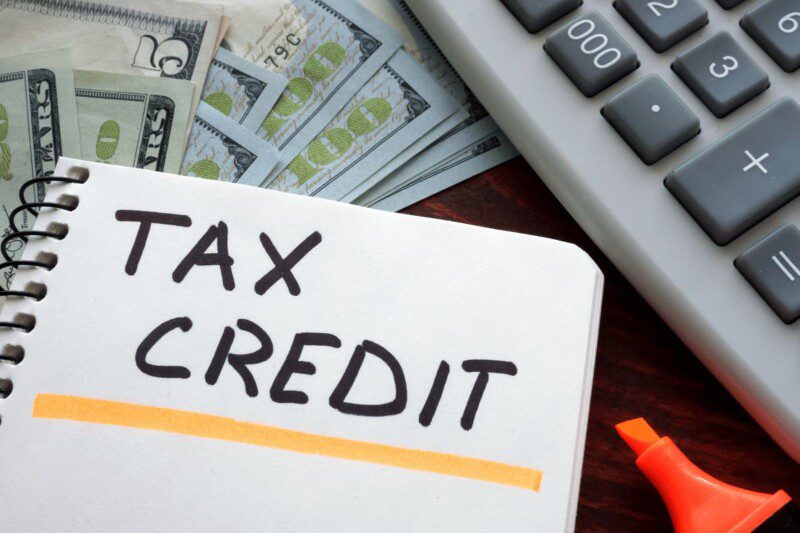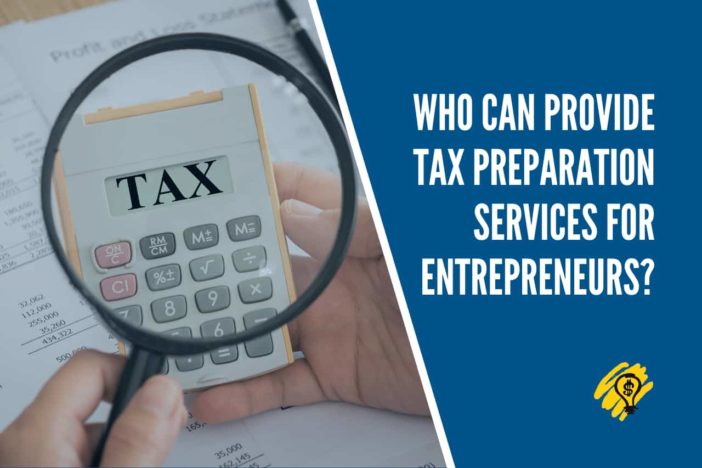If you owe the IRS a substantial amount in unpaid taxes and find yourself unable to pay off a large amount immediately, you should know that there are ways both individual taxpayers and business owners can pay off their tax dues in full without going broke. The IRS offers several options for payment of unpaid taxes and fines and interest levied on your tax debt. It also allows the filing of overdue returns so that you can get a clear tax status and avoid litigation.
Hefty unpaid taxes can result in huge interests and fines as well as tax liens and property seizures. Here’s a quick lowdown on how you can pay off your back taxes affordably and get current with the IRS.
The IRS Fresh Start Program
The IRS Fresh Start Program is an initiative that enables taxpayers to clear their tax dues over a period of six years. True to its name, the program allows taxpayers to make a fresh start by giving them sufficient time to pay off large sums comfortably and avoid legal problems. The installment amount is determined based on your current income and the valuation of your liquid assets.
Whether you’re a business owner or individual taxpayer, you can apply for an installment agreement online if your total tax debt (including interest and penalties) is less than USD 50,000. You can choose from three repayment options to clear your debt in the coming years.
To be eligible for the program, you need to first file all your pending tax returns. Once this is done, you can enroll for the installment agreement plan at the IRS website by submitting IRS Form 9465. If you owe less than USD 10,000, your online application is approved automatically and your total debt should be paid in full in the next three years.
There are further provisions in the program that take into account difficult circumstances that cause financial hardships (such as job loss or having a chronically ill dependent) to offer time extension for tax payments and possible waiver of penalties.
If you owe more than USD 50,000 in back taxes, you may still qualify for an installment agreement by submitting a paper copy of the IRS Form 9465 along with Form 433-F along with detailed financial information. Consult the IRS website or an experienced taxation lawyer for the exact procedure.
Eligibility Criteria for the Fresh Start Program
To be eligible to pay your tax debt in installments, you should have filed all your tax returns for the past five years. If you’re a business owner with employees, you’ll also need to pay all your federal taxes to qualify. You can find your filing status as well as past incomes by contacting the IRS.
Once you’ve signed up for this program, you must commit to filing all of your future returns on time and make timely payments to avoid defaulting on the program.
Note that you cannot utilize this option if you’re already paying the IRS under another settlement that allows you to make installment payments. You may, however, check with the IRS if they will allow additional payments.
Other Ways to Pay Off Your Tax Debt
Individuals or businesses in bankruptcy are not eligible for the installment payment plan. They may instead explore another option under the Fresh Start Program, called an Offer in Compromise (OIC) which enables taxpayers to negotiate a reduction in their total tax liability or eliminate it altogether in special circumstances.
As the IRS does not accept OICs easily, you may want to have a tax professional prepare and submit your OIC application with a reasonable settlement offer that the IRS is more likely to consider.
The third repayment option is known as a tax lien withdrawal, which enables taxpayers to pay off their total tax dues through direct debit. You can request to have your tax lien withdrawn once you enroll for the direct debit payment option.
If you’re not sure which of these options would work best for you, get in touch with an experienced tax attorney who can help determine the best possible approach to deal with your taxation issues and explore how your total tax burden can be minimized through negotiation.
In addition, if you’re facing collection measures from revenue officials, it would be wise to seek legal counsel from a qualified taxation lawyer who knows how to deal with the IRS. A seasoned tax professional will take into account your complete financial situation to offer the best possible recourse.





